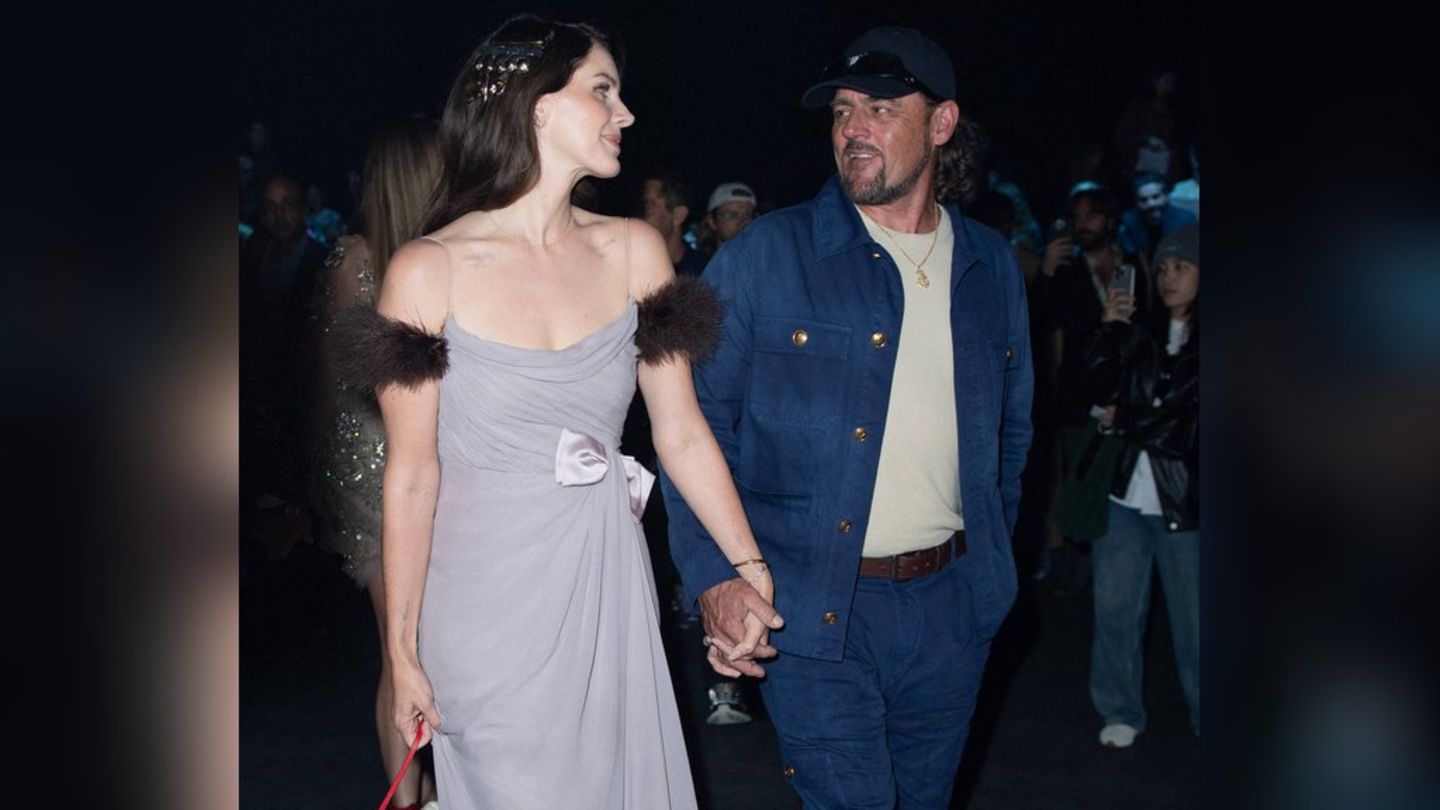Seven years ago, the right-wing government in Budapest railed against refugees from the Middle East with xenophobic slogans. Today she practically rolls out the red carpet for refugees from Ukraine. Change of heart or calculation?
More than a million Ukrainians have fled Russia’s war. Almost exclusively women and children can be found in the emergency shelters along the 140-kilometer border between Hungary and Ukraine. The face of flight is female here.
Women want to bring their elderly mothers and grandmothers who are suffering from illnesses to safety, young mothers their small children. Most of the cars that cross the border are driven by women. Men of military age, which ranges from 16 to 60 in Ukraine, are not allowed through by Ukrainian border guards.
Compassion, solidarity and helpfulness
Yevgeniya (20), a journalist from the embattled city of Kharkov, puts it in a nutshell: “If you’re not a fighter or a soldier now, you have to see that you survive.” With her elderly grandmother she reached the initial reception center of the Hungarian Baptists in Tiszabecs.
The residential areas of Kharkov were mercilessly fired at by the Russian military with rockets, says Yevgenia, who declined to give her full name. “After four days, which we mostly spent in the bunker, we decided to flee.” The two women’s destination is Constance on Lake Constance, where Yevgenia’s parents already live.
In Hungary, those who fled from the Ukraine encounter a lot of sympathy, solidarity and a willingness to help. People from all over Hungary donate non-perishable food, blankets, clothes, children’s toys and hygiene supplies to the aid center in Tiszabecs. Others offer rides and accommodation in their homes and apartments. People from the neighboring country can use the Hungarian railways and public transport in Budapest free of charge.
30 employees of the Hungarian Baptist Relief Organization work in the Tiszabecs relief center, as well as volunteers who often volunteered spontaneously. “It is deeply impressive how the whole of Hungary is committed to the people from Ukraine,” says Reka Berczelly, a spokeswoman for the aid organization. The warehouses with relief supplies are full. But nothing is rejected because nobody can know how the situation will develop.
One of the spontaneous volunteers is the Budapest start-up entrepreneur Dalma Teveli (26). You and your friend had decided at short notice. Sometimes they stand right at the nearby border crossing to hand the newcomers sandwiches, chocolate bars and drinking water, sometimes they help out in the aid center. “The efforts here are supported by civil organizations, church communities such as the Baptists and private volunteers,” she says.
The right-wing national government reacted differently in 2015
Teveli had already stood at Budapest’s Ostbahnhof in 2015, the year of the great migration of refugees in Europe. “We helped people from Syria, Iraq and Afghanistan,” she recalls. But the right-wing government of Prime Minister Viktor Orban did not welcome the refugees at the time.
At the time, the powerful head of government, who has been in office since 2010, raved about “managed illegal migration” that Western elites had instigated. With Islamic immigrants, they wanted to destroy the “Christian and national identity” of the European peoples. The Ukrainians, on the other hand, are “good Christians” who can be easily integrated, according to people close to Orban.
Today, however, Orban is more concerned with the fact that he maintained a political friendship with Russian President Vladimir Putin for years. He now supports the EU sanctions against Russia and the Union’s decisions on arms deliveries to Ukraine. The state media, which he controls, call for solidarity with the war refugees from Ukraine.
Parliamentary elections are scheduled for April 3 in Hungary. For the first time in twelve years, the head of government is facing a united opposition that at least has a chance of voting him out. Orban is deftly riding the wave of sympathy for the Ukrainian victims of his longtime friend in the Kremlin. And he advertises with a popular promise: “We will keep Hungary out of the war.”
Source: Stern
David William is a talented author who has made a name for himself in the world of writing. He is a professional author who writes on a wide range of topics, from general interest to opinion news. David is currently working as a writer at 24 hours worlds where he brings his unique perspective and in-depth research to his articles, making them both informative and engaging.




